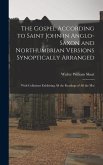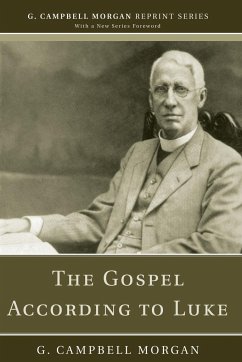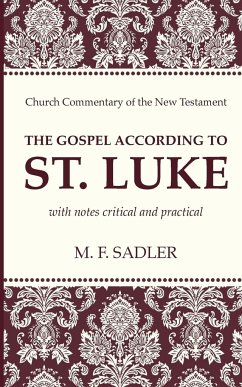The Gospel of Saint Luke in West-Saxon is an intricate translation of the biblical gospel, showcasing both the eloquence of early West-Saxon prose and the theological depth of the original text. This rendition captures the essence of Luke's narrative style, marked by its attention to detail, the inclusion of parables, and a compassionate portrayal of Jesus Christ. The text reflects the literary context of the Anglo-Saxon period, utilizing the vernacular to reach a broader audience, while also embedding rich cultural and theological insights central to Christianity in this era. Luke the Evangelist, traditionally credited as the author of this gospel, was not only an early Christian convert but also a physician and a companion of the Apostle Paul. His background likely influenced his emphasis on healing and the social gospel, highlighting themes of mercy, compassion, and salvation. Writing during a time of early Christian expansion, Luke sought to document the life and teachings ofJesus with accuracy and detail, contributing to the foundational texts of Christianity. This translation serves as an invaluable resource for scholars and lay readers alike, linking the modern audience to the spiritual and historical roots of Christian thought. It is particularly recommended for those interested in the intersection of language, religion, and culture during the Anglo-Saxon period, as well as for anyone seeking a deeper understanding of the teachings of Jesus through the lens of one of his earliest chroniclers.
Bitte wählen Sie Ihr Anliegen aus.
Rechnungen
Retourenschein anfordern
Bestellstatus
Storno








